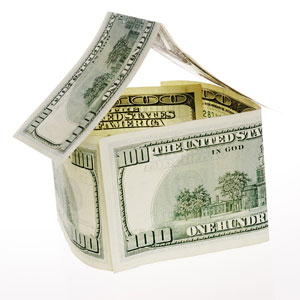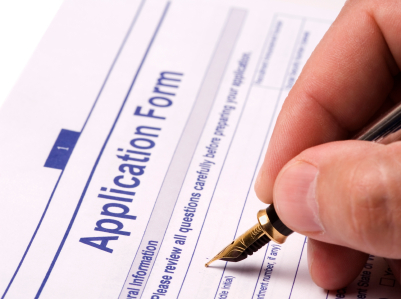How to Choose a Realtor
By Stevie Duffin Updated on 7/24/2017 We've put together a list of the most important interview questions for you to ask your real estate agent to help you find the perfect match that will lead you to your perfect house.
We've put together a list of the most important interview questions for you to ask your real estate agent to help you find the perfect match that will lead you to your perfect house.
1. How long have you been in business?
There's a running joke that there's nothing wrong with a new agent that a little experience won't fix. However, a newly licensed agent can be as helpful as any, given they had access to competent mentors and received a high level of training. Newer agents also tend to have more time to concentrate on you, since they are still building their reputation and clientele.
2. Why are you a better choice than the other local realtors?
Most consumers are looking for agents who say they are honest and trustworthy, good communicators, friendly, organized, assertive, excellent at negotiations, available by phone or email, and able to maintain a good sense of humor under trying circumstances.
3. Could you provide references?
Everyone has references, and even new agents should have references from previous employers. Ask if any of the references are related to the agent and if you can call the references with any additional questions.
4. What's your average list-price-to-sales-price ratio?
The agent's average ratio often speaks volumes about their skill. Particularly in the current market, a good buyer's agent should be able to negotiate a sales price that is lower than the list price for consumers.
A good listing agent should hold a track record for negotiating sales prices that are very close to list prices and should have higher ratios closer to 100%. Buyer's agent ratios should always fall below 99%.
5. What is your plan to find me the right home and price?
As a buyer, you'll need to know how your agent will search for your new home, how many homes you're likely to see before finding a home to buy, whether you'll be competing against other buyers, how multiple offers are handled, and who presents the offers.
6. Can I review documents before they must be signed?
Making forms available for client review is a sign of an excellent real estate professional. Ask for these documents up front: a buyer's broker agreement (and ask whether it's exclusive or non-exclusive), agency disclosures, purchase agreement, and buyer disclosures.
7. How well are you connected to other professionals?
Ask your real estate agent to detail whom they work with and why they chose these professionals. Your agent should be able to supply you with a written list of referring vendors such as mortgage brokers, home inspectors, and title companies.
Be wary if you see the term "affiliated." The agent and broker could be receiving compensation from one or all of the vendors, and you could end up paying a premium for the service.
8. What is the cost for your service and what are the fees?
All real estate fees are negotiable. Real estate agents typically charge a commission from 1% to 4%. Don't be afraid to barter with your agent, and make sure to note their rate to compare against other agents you've interview.
9. What kind of guarantee do you offer?
If you decide to sign a listing or buying agreement with the agent and later realize you're unhappy with the arrangement, will the agent let you cancel the agreement? Does the agent stand behind their service to you?
What is their company policy about canceled agreements? Has anybody ever canceled a deal with the agent before?
10. Is there anything else you would like to add?
Pay close attention to the answer for this question, because there is always something you need to know. You want an agent who is willing to take time with you to make sure you feel comfortable and secure with their knowledge and experience.
The agent should know how to listen and how to counsel you accordingly.

Didn't find the answer you wanted? Ask one of your own.
-
 Using Cash Purchase with Delayed Financing to Win Purchase Money Contracts
View More
Using Cash Purchase with Delayed Financing to Win Purchase Money Contracts
View More
-
 Is buying smaller home the solution to ever rising real estate prices?
View More
Is buying smaller home the solution to ever rising real estate prices?
View More
-
 Home Sales Tax Break: Making the Most of Home Sale Profits
View More
Home Sales Tax Break: Making the Most of Home Sale Profits
View More
-
 7 Tips for Selling Your Home in a Down Market
View More
7 Tips for Selling Your Home in a Down Market
View More
-
 5 Ways to Qualify for a Mortgage as a Young Adult
View More
5 Ways to Qualify for a Mortgage as a Young Adult
View More
-
 Buying a Home - Things to Consider
View More
Buying a Home - Things to Consider
View More
-
 Mortgage Application Checklist
View More
Mortgage Application Checklist
View More
Related Articles
Ask our community a question.
Searching Today's Rates...

Featured Lenders
Lisa Stepp
RBS Citizens
Clifton Park, NY
Cameron Burke
Vision One Mortgage
Huntington Beach, CA
Kat Whitman
Whitman Met, Inc.
Sacramento, CA

